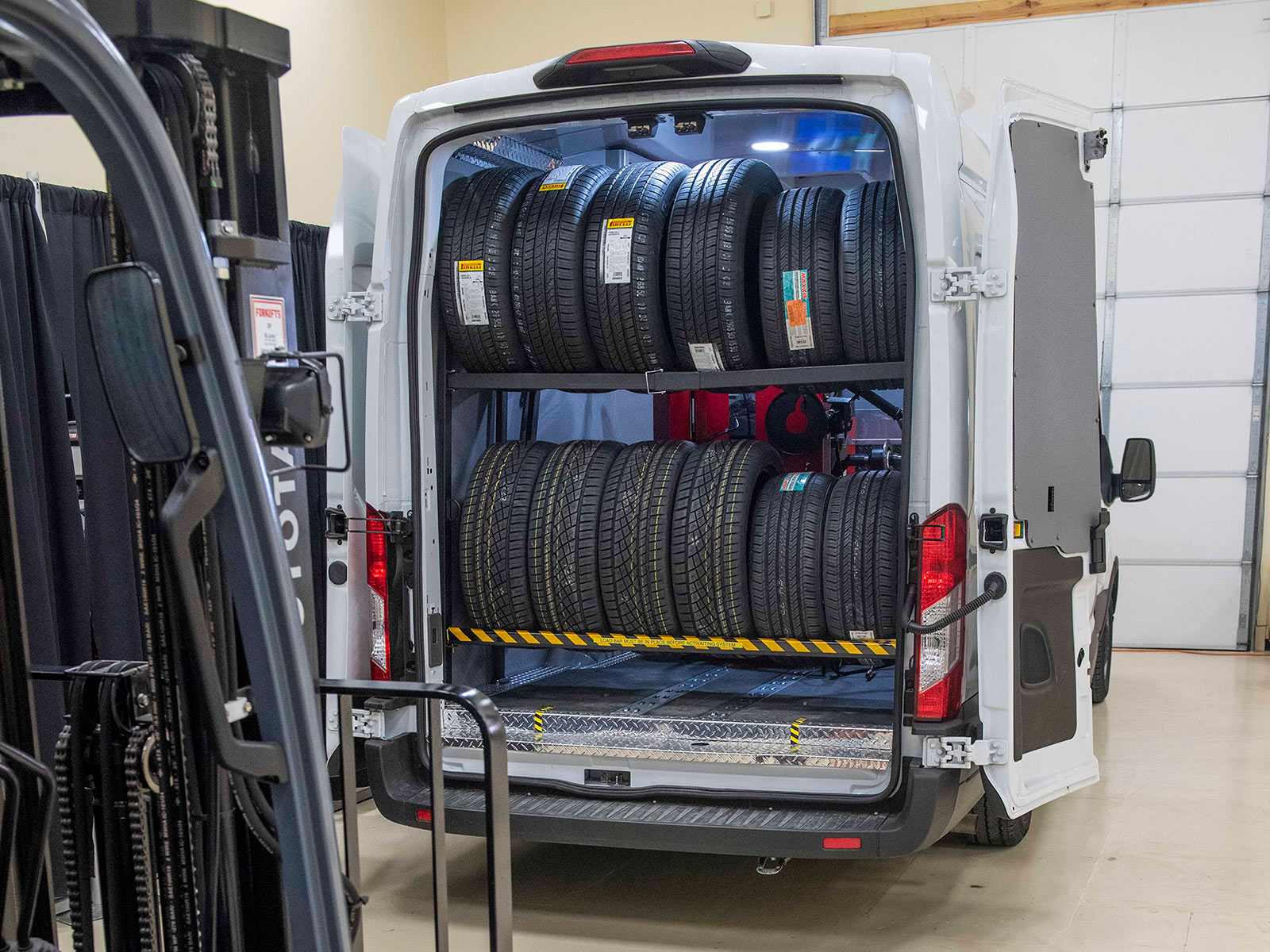Keep Rolling Smoothly: GMC Tires Service by Morris Tires
Keep Rolling Smoothly: GMC Tires Service by Morris Tires
Blog Article
Tire Service: The Influence of Weather
When it involves making certain ideal performance and safety when driving, understanding the effect of weather on tire solution is crucial. From scorching warmth to icy roadways, each weather component can significantly affect tire capability and overall driving experience. By diving into the impacts of varying weather on tires, motorists can acquire beneficial insights that may boost their car's performance and durability. In this discussion, we will certainly explore the elaborate relationship in between weather and tire solution, losing light on the significance of weather-specific tire maintenance practices and factors to consider.
Warmth and Tire Efficiency
When exposed to heats, tires experience modifications in efficiency that can substantially influence lorry safety and security and handling. The warm created from prolonged driving or hot weather condition conditions triggers the tire rubber to soften, leading to reduced step life and enhanced wear. As the rubber becomes softer, the tire's grip on the road lessens, affecting stopping distances and overall traction. In severe cases, extreme heat can even cause tire blowouts, positioning a serious safety and security danger to the vehicle and its owners.

Winter Impacts
Cold weather condition conditions can have a considerable influence on tire efficiency and safety and security. In cool weather, tires may also shed air stress extra rapidly, which can impact taking care of and fuel performance.
To alleviate the effects of winter on tires, it is crucial to routinely examine tire stress and inflate them to the maker's advised degrees. Using wintertime or all-season tires developed for winter conditions can also enhance grip and grasp on icy or snowy roadways. Correct tire maintenance, including normal inspections for wear and damage, ends up being a lot more critical throughout colder months to ensure optimal performance and safety and security.
Rainy Conditions Impact
Tires with worn-out footsteps are a lot more prone to hydroplaning, where a layer of water builds up between the tire and the roadway surface, leading to loss of Source grip. To fight this, chauffeurs need to frequently check their tires for ample walk depth and think about spending in tires particularly made for damp problems.
Furthermore, wet weather can additionally reduce visibility, making it challenging for vehicle drivers to see the road ahead plainly (GMC Tire Service). In such conditions, it is necessary to change driving speeds accordingly and preserve a risk-free following range to permit for sudden stops. Effectively filled with air tires can additionally aid in maintaining control on damp roads by supplying far better handling and Continued hold
Snow and Tire Security
When driving in snowy problems, having the ideal tires can make a considerable difference in safety and efficiency. Winter months tires are made with special rubber compounds and tread patterns to supply better traction on snow and ice compared to all-season tires.

It is crucial to comply with supplier guidelines when setting up and utilizing tire chains to protect against damages to the tires and vehicle. By selecting the appropriate tires, maintaining correct rising cost of living, and taking into consideration extra grip help like tire chains, chauffeurs can boost their safety and security when navigating snow-covered roadways.
Weather-Related Tire Upkeep
Weather-related tire upkeep encompasses an array of practices intended at ensuring optimal tire feature and durability in different weather condition situations. One essential aspect of weather-related tire upkeep is tire pressure guideline. Checking tire walk routinely and changing tires when walk wear gets to a particular deepness is essential for imp source preserving traction and stability in negative weather condition.
Final Thought
In verdict, weather condition problems have a substantial influence on tire performance and security. From warmth impacting tire stress and use to cool climate minimizing grip, it is vital to consider the weather when preserving and making use of tires.
In this conversation, we will certainly discover the detailed relationship in between weather problems and tire solution, losing light on the value of weather-specific tire maintenance practices and considerations.

Report this page